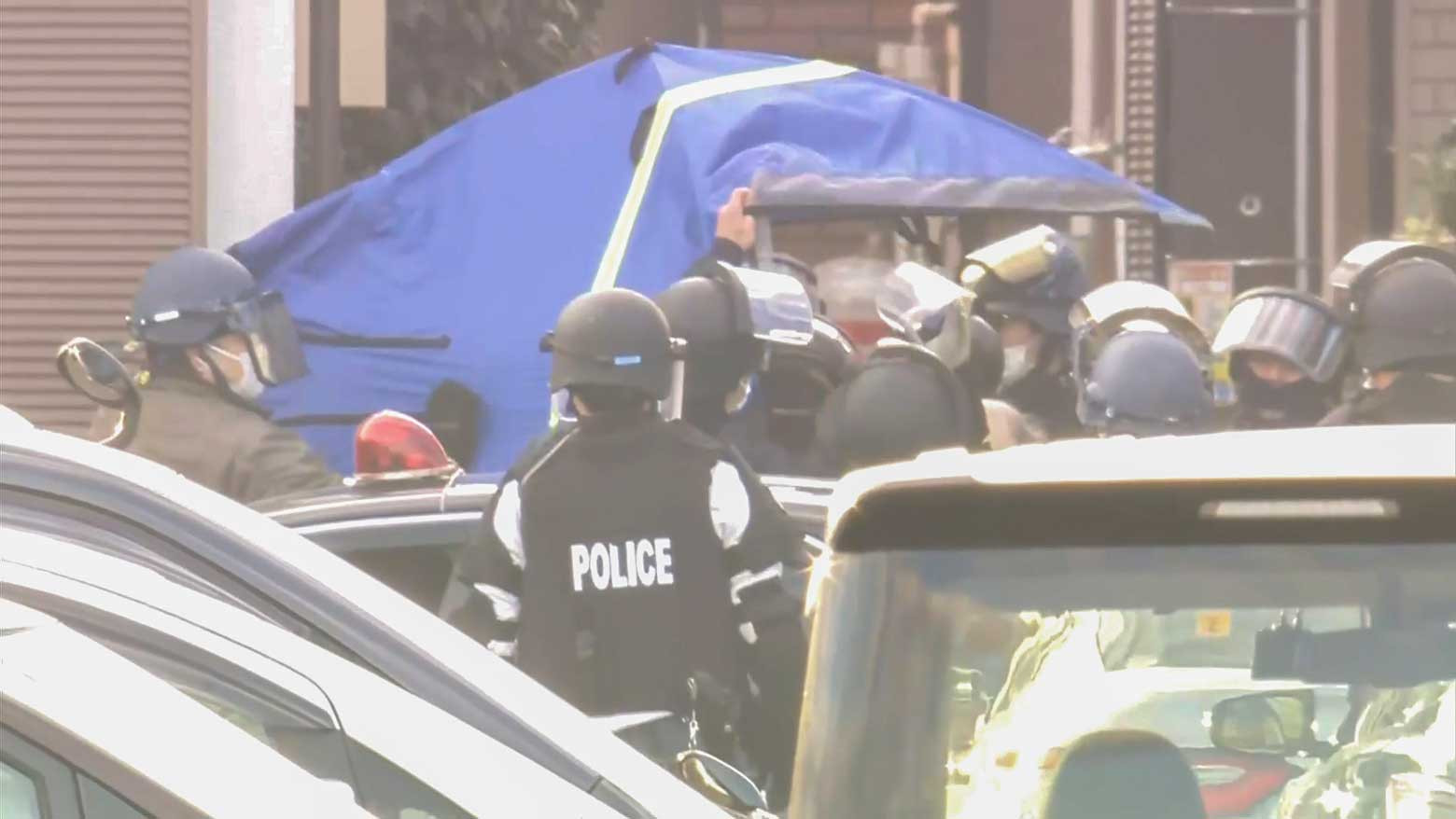On January 27, Suzuki and a group of other workers connected to his Saitama clinic visited the home of Watanabe Hiroshi, whose 92-year-old mother had died the day before.
Investigative sources say Watanabe asked Suzuki to give his deceased mother a cardiac massage, and that when Suzuki said it was too late to revive her, Watanabe drew a shotgun and shot him. He also allegedly shot a physical therapist who was part of the accompanying group.
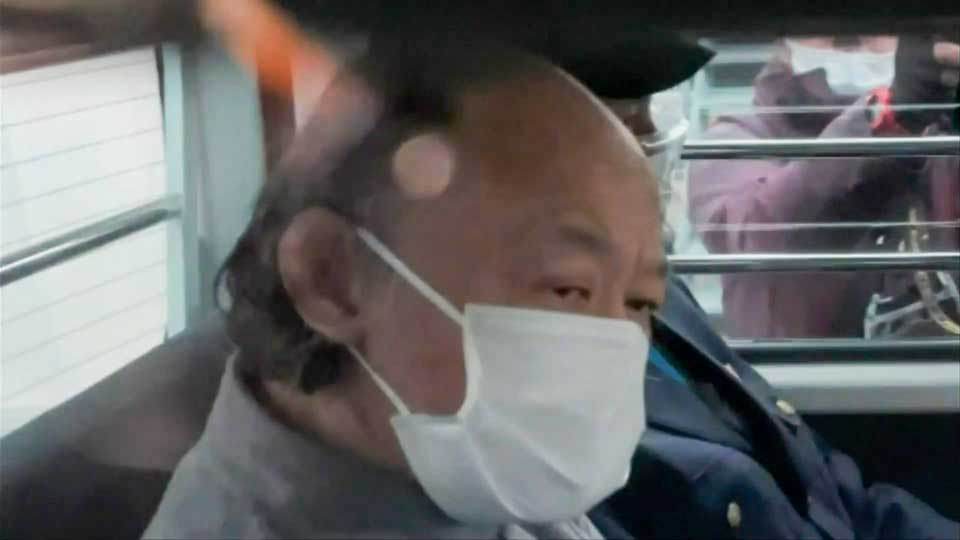
The sources say at this point the therapist and the others in the group fled, and that Watanabe holed himself up at the house with the doctor. Eleven hours later, police stormed in and arrested Watanabe. Suzuki died from his wounds. The physical therapist was seriously injured but survived.
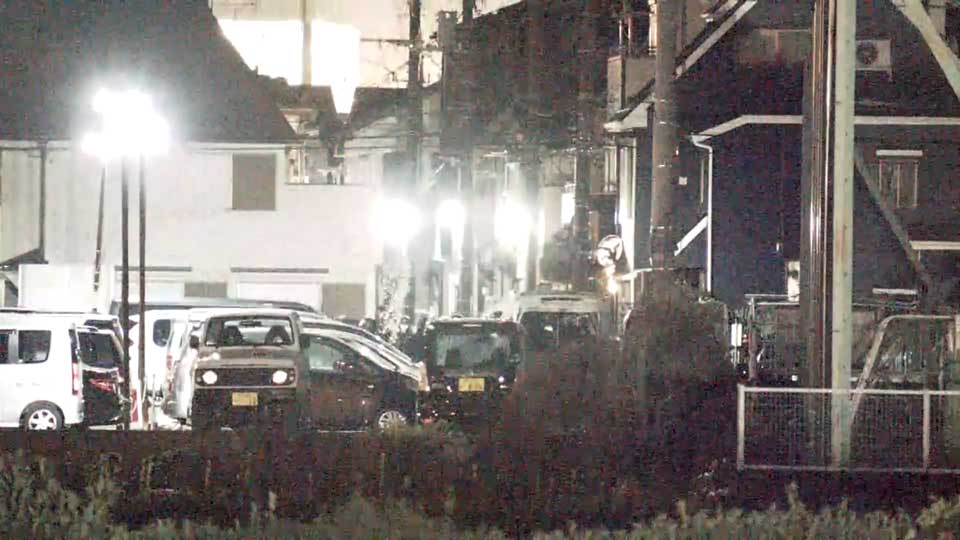
Watanabe allegedly told investigators that after the death of his mother, he had lost all hope. He allegedly confessed that he had wanted to kill the doctor and other staff, then commit suicide.
A troubled past
The unemployed suspect had lived with his mother and cared for her largely by himself. He was reportedly very demanding about the healthcare she received.
Suzuki discovered this after he began making visits to the house a few years ago. Sources say Watanabe would berate the doctor over the quality of his treatment and make regular complaints to a local doctors' association. Staff at a nursing care organization that also helped Watanabe with his mother say many of their staff felt unsafe around him, so they eventually stopped sending them.
A pillar of the community
Suzuki was an integral part of the local healthcare community. He began making home visits about 10 years ago. More recently, with the coronavirus pandemic spreading across the country, he expanded his workload. He would often work late into the night, going from house to house to see patients.
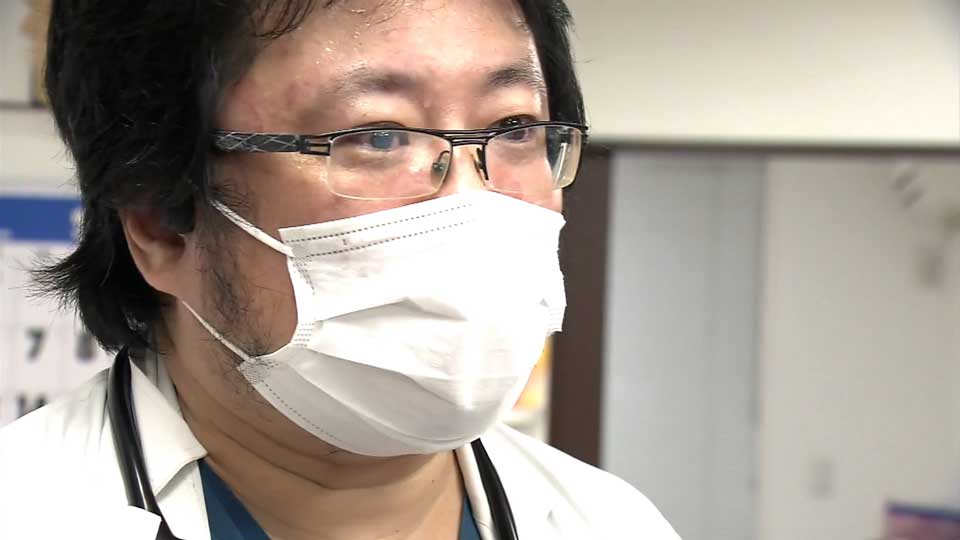
Sekiya Noriyasu, another Saitama doctor who performs home visits, says Suzuki had around 300 patients, and worked day and night to tend to their needs. "We have a serious doctor shortage in the prefecture," he says. "It's very hard to manage."
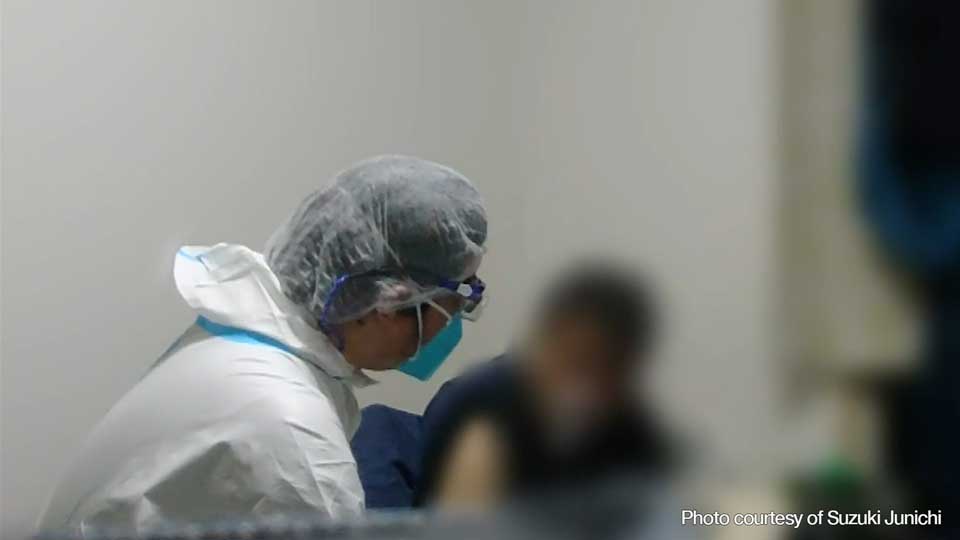
Vulnerability of home health care
Sekiya says violence from troubled patients or their family members is an ever-present risk. "Compared to large hospitals, it's hard for local clinics to hire people who can help to keep us safe," he says.
In a 2018 survey by the National Association for Visiting Nurse Service, nearly half of the nurses who responded said they had been physically assaulted by people using the service or their family members. About the same percentage said they had been mentally abused, and the same again said they had been subjected to sexual harassment. Another survey of home nursing care operators found nearly all want better safety measures in place for their staff, but the majority don't know what steps to take to achieve this.
Professor Miki Akiko from Kansai Medical University says that in some circumstances overseas, security guards and police accompany medical workers as they make their rounds. "Creating a safer system will also help improve the quality of treatment and care for users," she says. "There's a limit to what healthcare providers can do on their own, so we need to get government on board."
